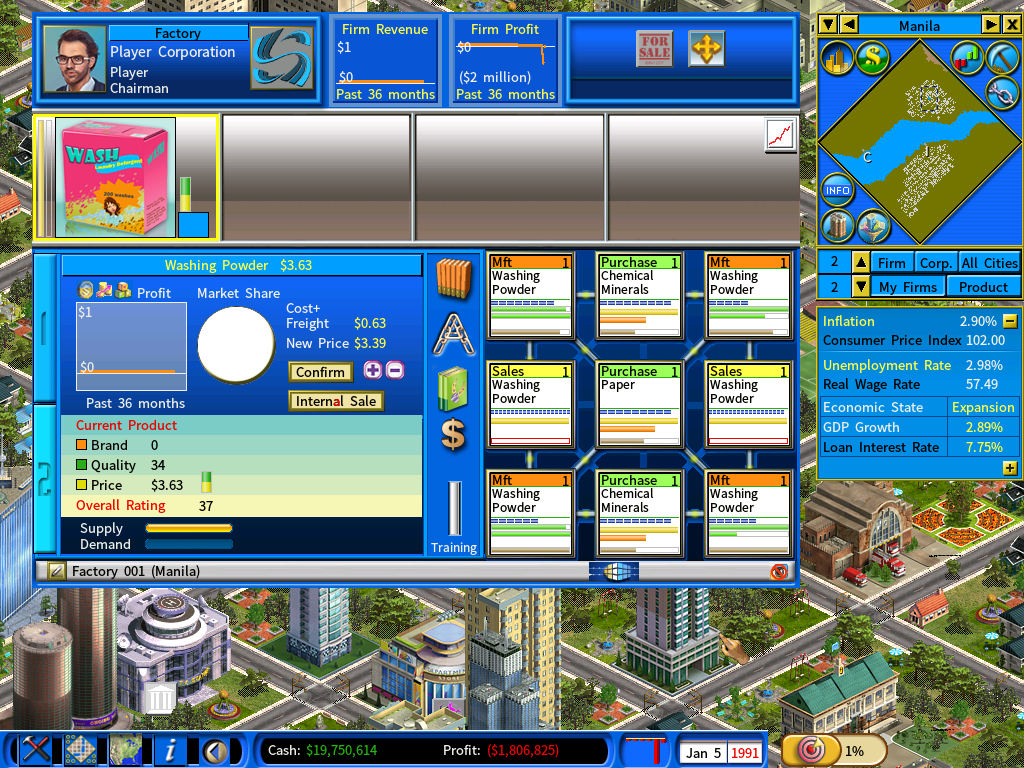

It’s social because it involves other people (where did the raw materials for the fidget spinners come from?) If I’m a Uighur Muslim in China “directing” my labor to produce fidget spinners, my labor is indirectly social because the product of my labor may never enter into the pool of consumption, it has to pass through the money mediator (demand could drop to zero, the product could be destroyed due to overproduction, etc). I'll just copy what I wrote to a different comment:

I would argue children understand directly social labor more easily than indirectly social labor. Can anyone actually coherently explain what this means in practical terms for the average worker in daily life?


 0 kommentar(er)
0 kommentar(er)
